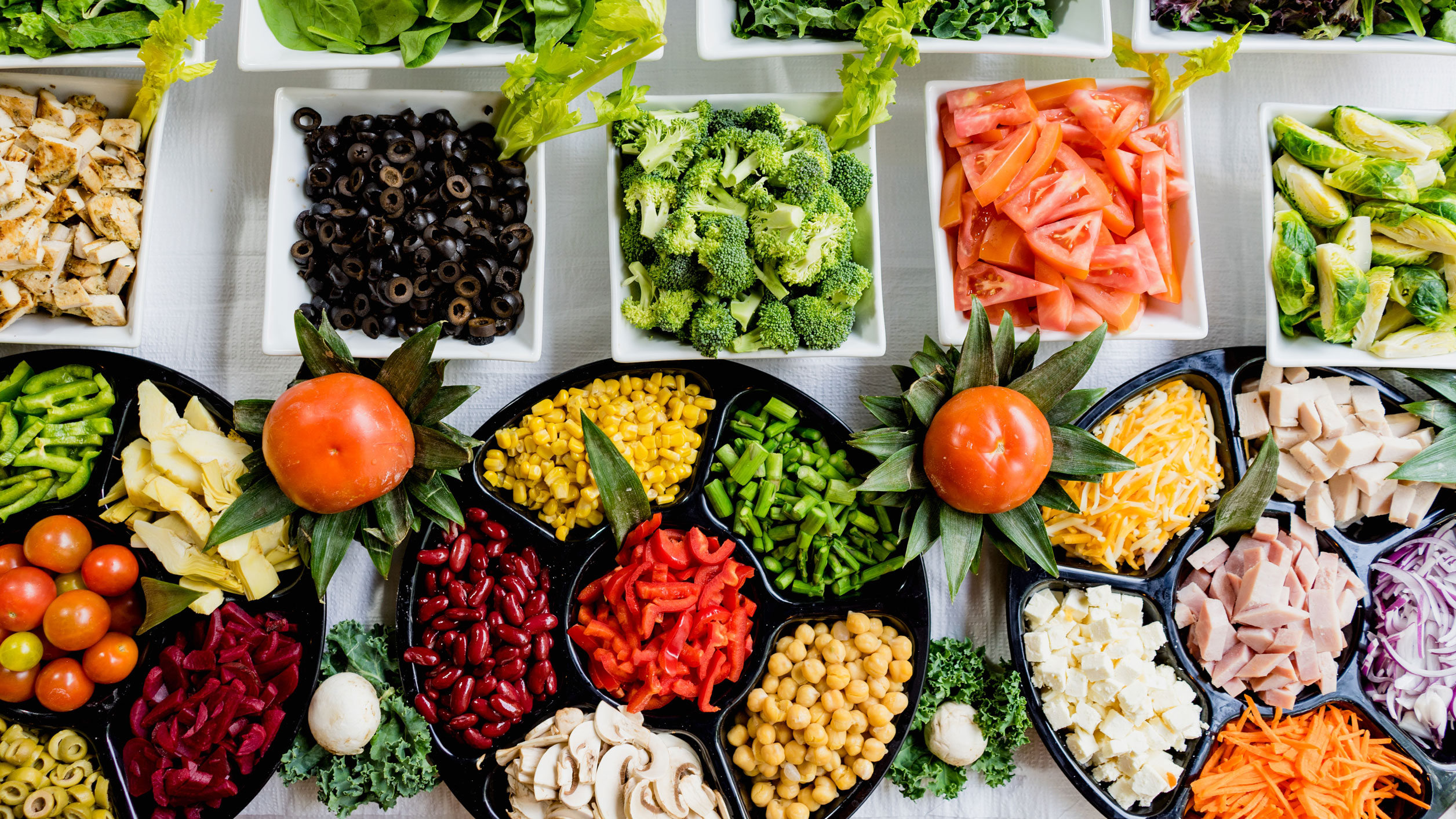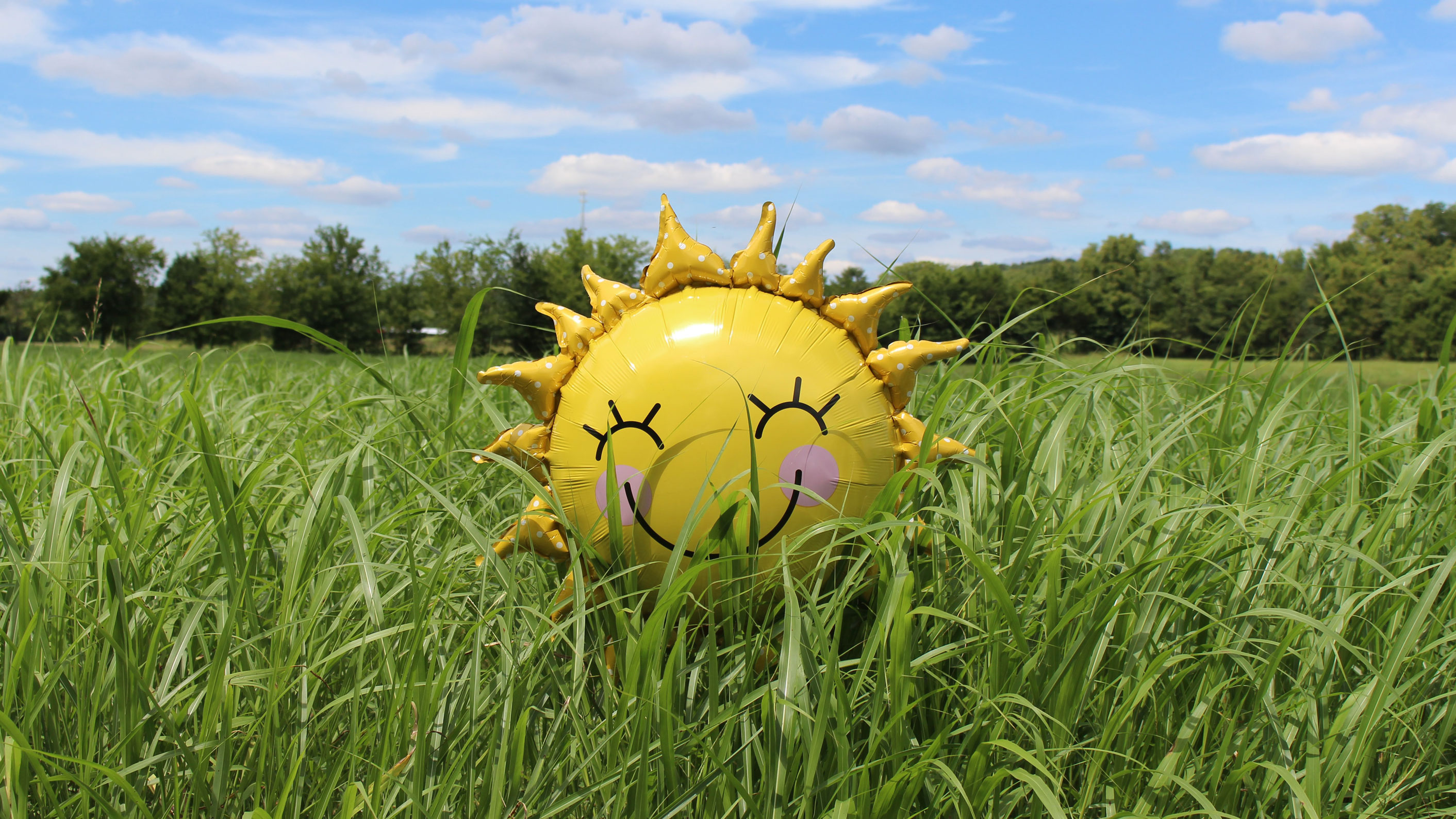Healthy eating: How do you know if you're getting enough vitamins?
New research shows one in four of us aren't getting enough vitamins and minerals in our diets. Are you healthy eating?


Healthy eating means making sure you're getting enough protein, carbs and fat. It also means making sure you're getting your five a day. However, how do you know if what you're eating is providing enough micronutrients, the vitamins and minerals which keep you on top of your health?
A new study has revealed at least one in four of us aren't getting enough vitamins in our daily diet. Commissioned by The UK & Ireland Mushroom Producers, it reveals a further quarter of us have "no clue" what a daily dose of vitamins and minerals even consists of.
It's not surprising, as dietary advice is both complicated and often-changing. However, a balanced diet, with a mixture of protein sources, fruit, vegetables, grains, and legumes, should provide all the nutrition the human body needs to function well.
The problem is, many of don't have a balanced diet, thanks to a combination of lifestyle factors. We might be constantly on the go, grabbing convenience food that doesn't fuel our bodies effectively, or we might be cutting whole food groups from our diets in an effort to stay healthy at all costs.
It's always advisable to try and eat whole foods with lots of fruit and vegetables as part of a balanced diet whenever possible. However, if you're unable to due so due to time constraints or convenience factors, you might want to consider picking up a multivitamin to supplement your diet with anything you're missing.
The National Health Service website has lots of information around getting enough vitamins into your diet. It lists all the vitamins, the sources of foods you can get them from and how much you're going to need in order to get a healthy amount into your diet.
Alternatively, if you're looking for a complete breakdown of all the micronutrients your body needs, you can check out our complete guide to vitamins and minerals here.
Start your week with achievable workout ideas, health tips and wellbeing advice in your inbox.
With travel bans and quarantine periods imposed on many countries at the moment, one of the big risks we're said to be facing is a lack of vitamin D. The "sunlight vitamin" plays an important role in helping to create stronger bones, teeth, muscle and skin.
In addition, vit D. helps in preventing conditions like osteoporosis and age-related bone fractures, and keeps your immune system strong (essential in the current health climate). It’s also difficult to obtain enough from diet alone.

However, there is one novel solution suggested by mushroom producers, in addition to multivitamins: leaving mushrooms out on the windowsill, enriching them with vitamin D after a few hours in the sun. Mushrooms contain a chemical called ergosterol, which is transformed into a prime vitamin D when exposed to sunlight.
Vitamin D deficiency can lead to weaker bones, teeth, muscles and even a vulnerable immune system. Whether you sun your mushrooms or use a supplement lie those below, keeping your vitamin levels topped up is one of the best ways to safeguard your health.
Liked this?
Matt Evans is an experienced health and fitness journalist and is currently Fitness and Wellbeing Editor at TechRadar, covering all things exercise and nutrition on Fit&Well's tech-focused sister site. Matt originally discovered exercise through martial arts: he holds a black belt in Karate and remains a keen runner, gym-goer, and infrequent yogi. His top fitness tip? Stretch.
